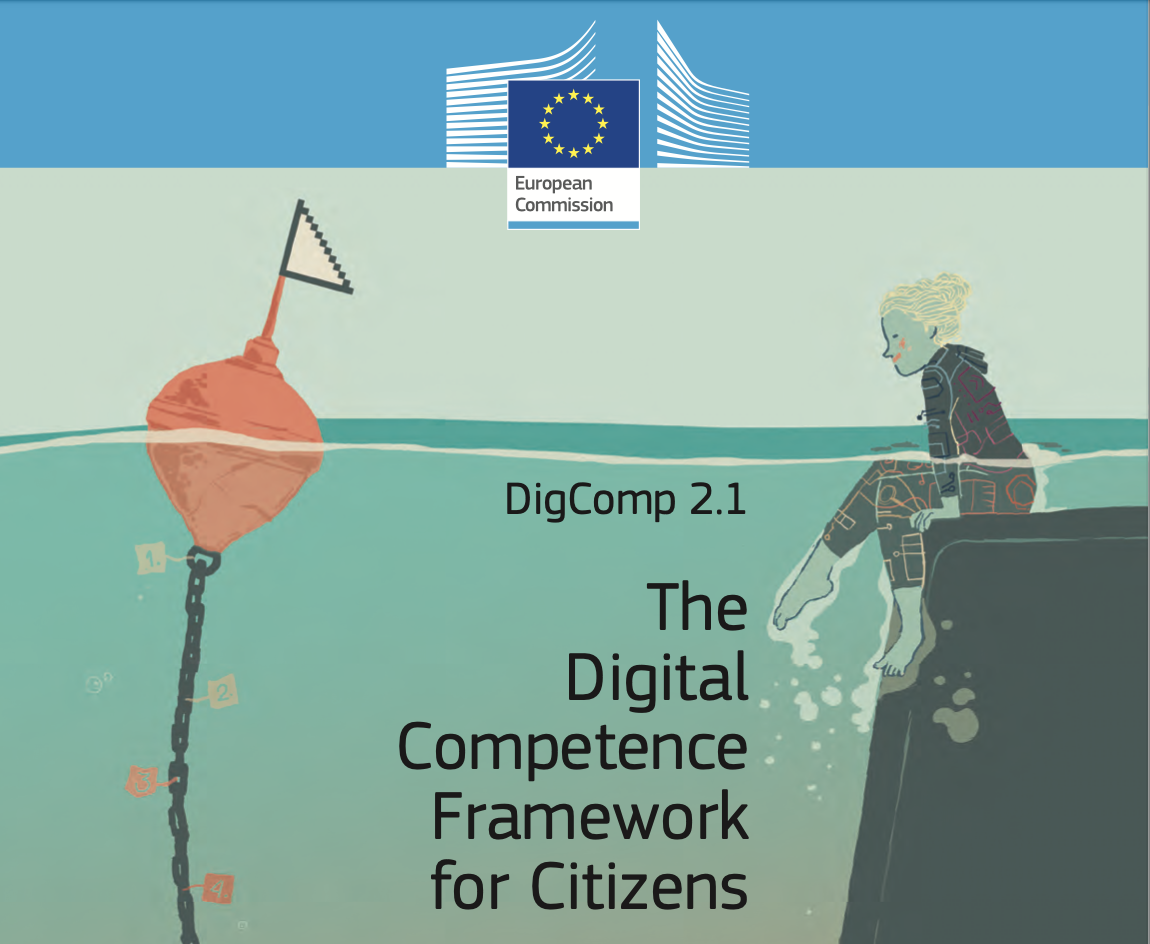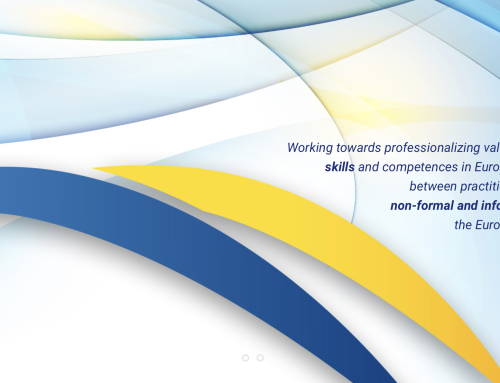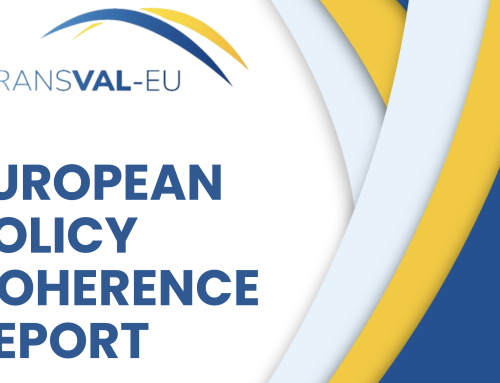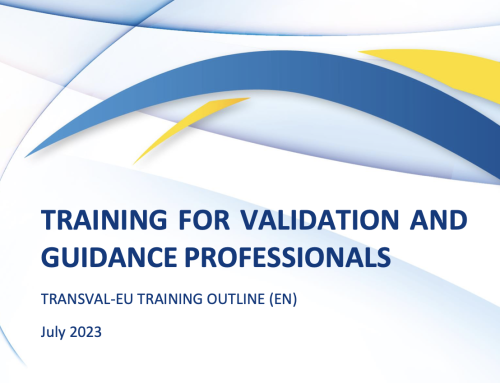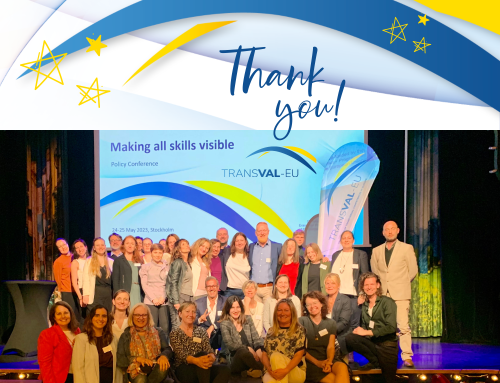DigComp 2.1 in the Italian Atlas of Labour and Qualifications
The certification of competences in Italy is based on the Atlante del Lavoro e delle Qualificazioni (National Atlas of Labour and Qualifications) that is linked to the National Qualification Framework. The Atlas is a detailed map of work and qualifications, and describes the competences of specific professional profiles in terms of Areas of Activities and Expected Results of the competences. In order to certify a specific competence, this needs to be first present in the Regional Qualification Framework which is referenced to the National one, thus linked to the Atlas: this is the challenge that the process of certification of transversal competences has to face.
For this reason, the recent adjournment and revision run by INAPP (National Institute for the analysis of public policies in charge of updating and managing the Atlas) in collaboration with multiple stakeholders and taking stock of a variety of research projects, represents a new opportunity for the certification of transversal competences.
VALUE CHAIN Competitiveness, financed by the Employment and Social Innovation (EaSI) programme and focusing on DigComp 2.1, is one of the significant projects in this respect.
Specifically, the project envisaged the development of a training offer addressing the basic digital competences of workers. This tailor-made, flexible and quality training action was aimed at low-skilled workers and took into account the specific upskilling/reskilling needs of the identified target group. Both the training and the evaluation processes were based on the DigComp 2.1 framework, which was successful in connecting the areas of competence of the framework to specific Areas of Activities (ADA) of the Atlas.
In its adjournment process, the Atlas adopted the project results and enhanced 5 ADAs:
- Search for and management of information, data and digital content
- Communication and collaboration in the digital environment
- Creation of digital content
- Digital safety
- ICT problem solving
This represents an added value for the TRANSVAL-EU project and its implementation in the Umbria Region and Italy: The project partners FORMA.Azione and ARPAL are running their piloting phase focusing, among others, on the transversal competence of “Communicating using digital technologies”.
The “ADA Communication and collaboration in the digital environment” lists a series of competences connected to 6 specific Expected Results. As an example, the two competences: to exercise digital citizenship and participation in social life through the use of public and private digital services and to seek opportunities for self-empowerment, are connected to Expected Result number 3: Exercise digital citizenship by using appropriate tools and technologies, in order to find opportunities to enhance one’s personal and professional skills and participate in social life.
There are several overlaps between the 6 competences and the descriptors of the « Communicating using digital technologies » competence detailed in the TRANSVAL-EU Transversal Competence Framework. In this respect, the practitioners involved in the piloting activity have a useful tool at their disposal, accompanied by example cases that can guide them through the identification and assessment of specific digital skills.
